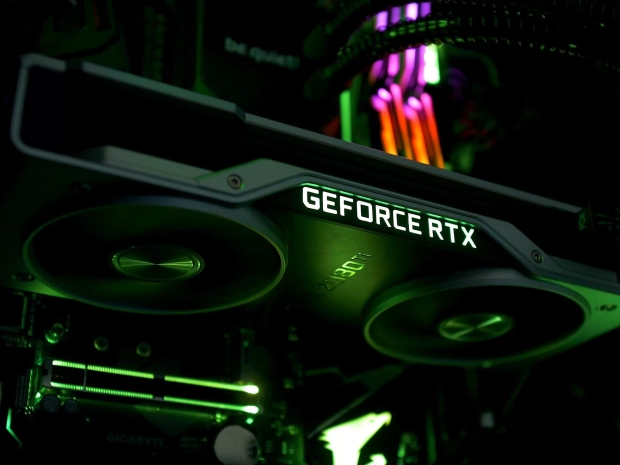The data, dug up by VideoCardz, shows the 5060 Ti outpacing the RTX 4060 Ti 16GB by around 20 per cent on average across various 3DMark tests. That includes Speed Way, Port Royal, Time Spy, and the full Fire Strike suite. However, it still trails the RTX 5070 by nearly 33 per cent, so gamers hoping for top-tier performance on a budget may want to temper expectations.
In 3DMark Speed Way, the 5060 Ti scored 4,055—about 25 per cent ahead of the 4060 Ti’s 3,239. Steel Nomad delivered 3,455, 18 per cent better than its predecessor. Ray tracing in Port Royal saw a solid bump to 9,944 versus the 4060 Ti’s 8,112, marking a 22.6 per cent lead.
DirectX 12 workloads told a similar story: Time Spy showed a 14 per cent gain (15,389 vs. 13,469), and Time Spy Extreme saw a 16 per cent jump (7,136 vs. 6,153). Traditional raster scores were also favourable—Fire Strike jumped to 40,925 from 34,295 (up nearly 19 per cent), Fire Strike Extreme leapt 22.7 per cent to 19,556, and Fire Strike Ultra hit 9,175, up 25.8 per cent.
The numbers look like they’ve come from a reviewer, likely under NDA, which means they’re probably close to the real deal—but treat them as “unofficial” for now.
VideoCardz also claims Nvidia has muzzled board partners from handing out 8GB samples for review. So, the 16GB variant will be the one everyone talks about when the embargo lifts. That’s significant, as the extra VRAM makes a difference in modern titles hungry for memory.
Both the 8GB and 16GB cards use the GB206-300-A1 GPU, with 4,608 CUDA cores and GDDR7 on a 128-bit bus. With a 180W TGP and a single 8-pin connector—though a few might get the 12V-2×6 abomination—the cards will drop on 16 April.
Pricing is pegged between $400 and $450 (€375–€420), which could make the 5060 Ti 16GB a more sensible buy for gamers sick of spending more than a console for a GPU.




